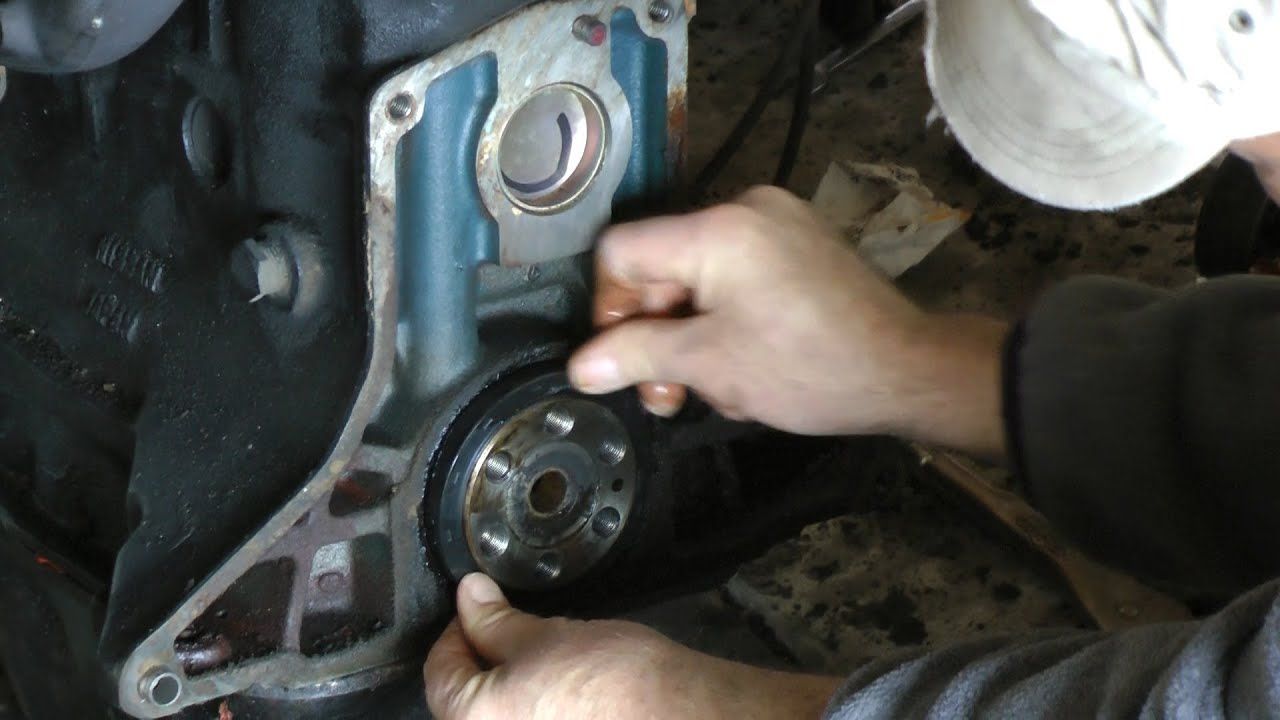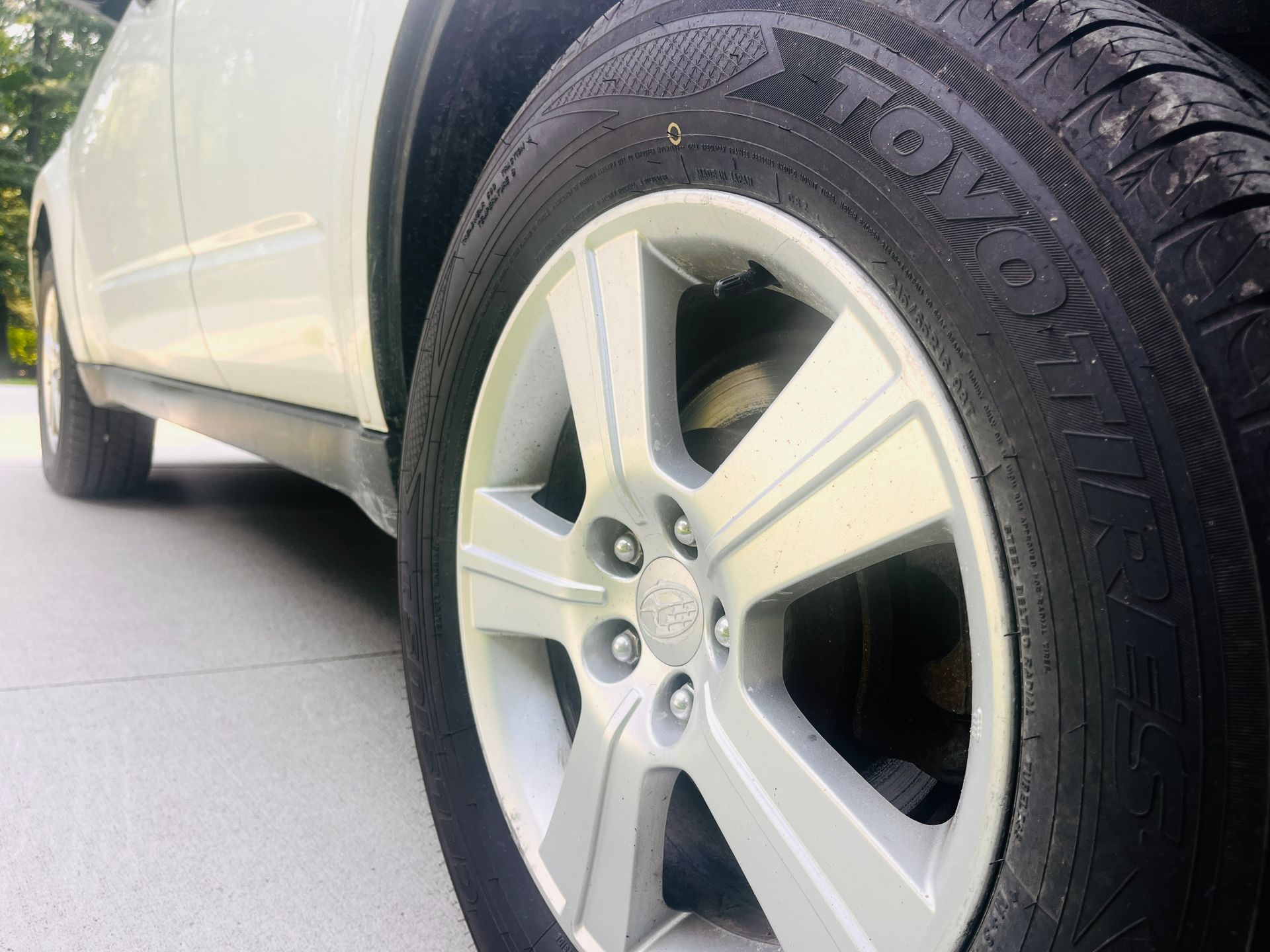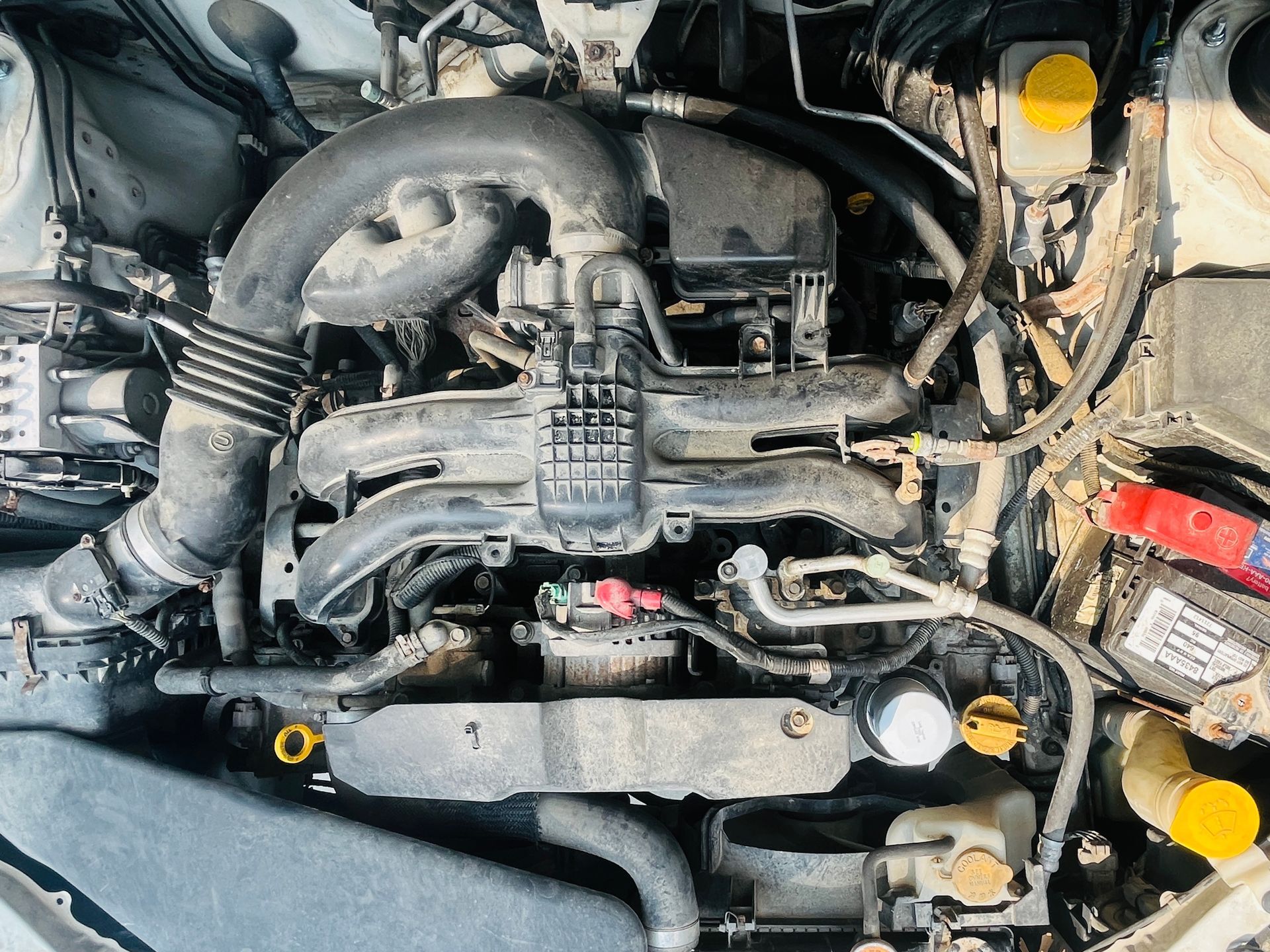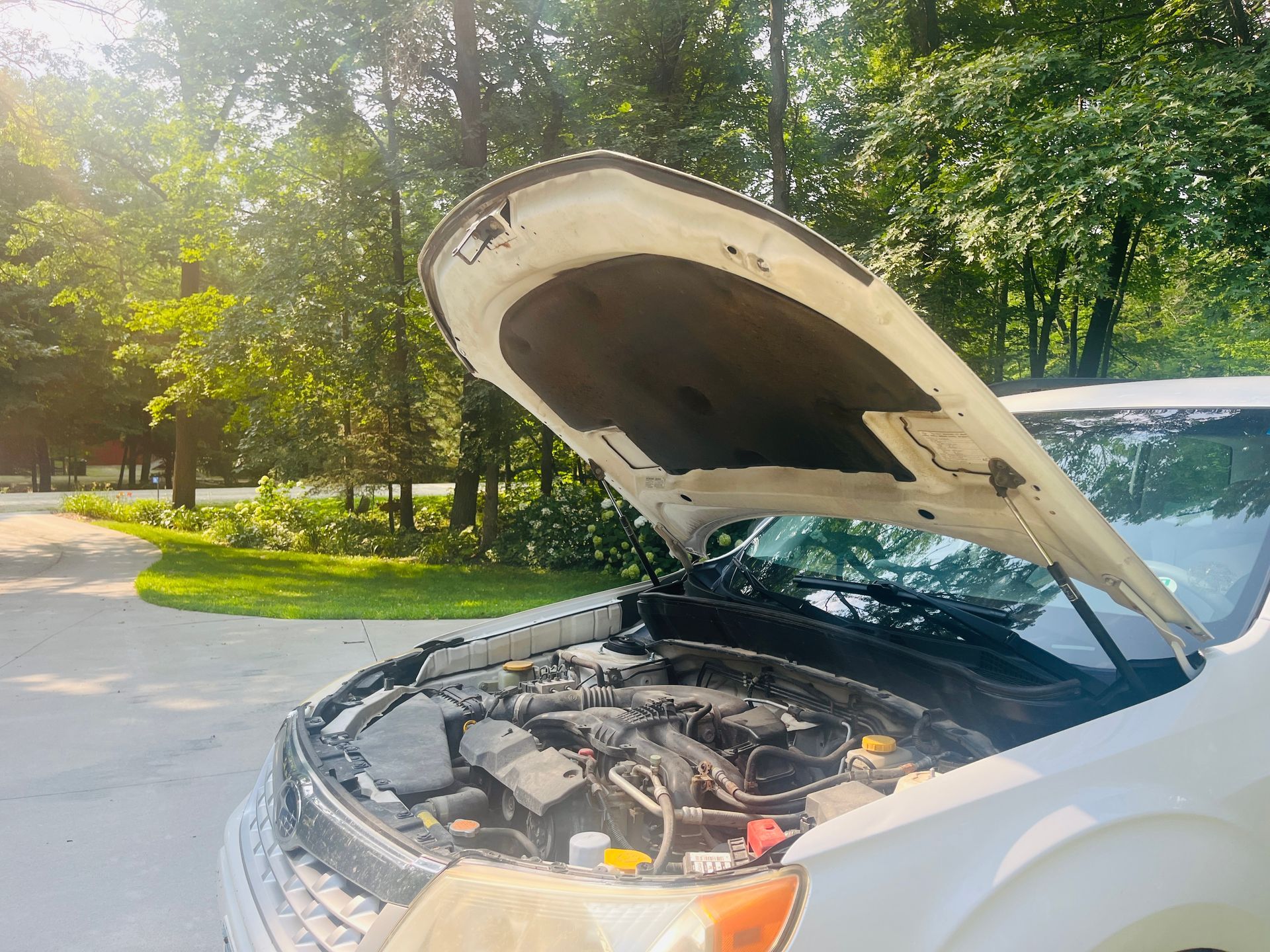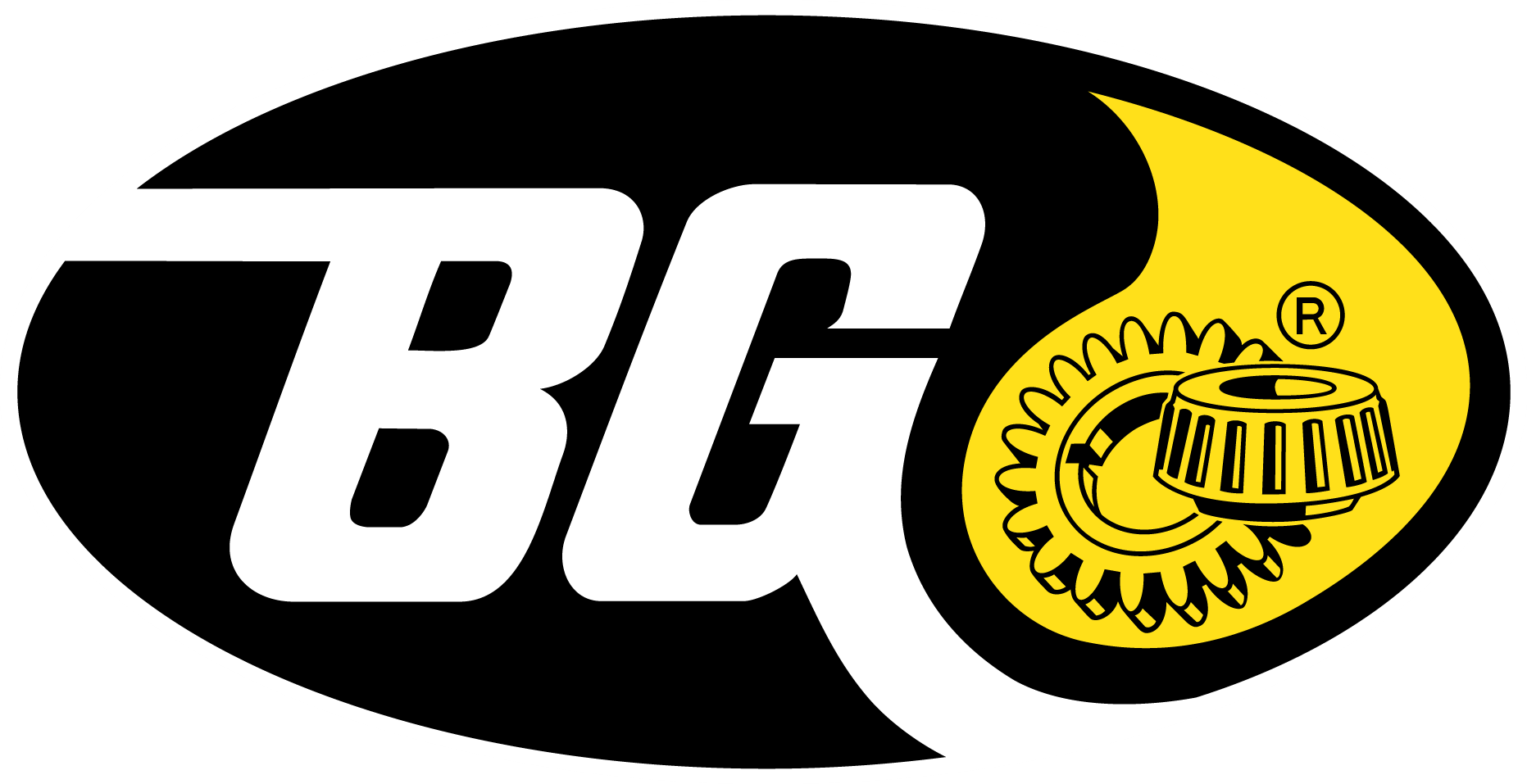Call us: (507) 226-8330
Cooling off: When to seek expert advice
July 3, 2014
Are you a DIYer? Do you love doing home improvement projects? I adore them - tiling, painting, gardening, really, just about anything! I figure if I watch a video on it, I can do it and then I can teach others how. Last summer at this time, I was knee-deep in our master bath remodel. I handled the painting and tiling (floor, bath and walls), but I left the more complicated stuff - countertop installation, electrical and plumbing - to the professionals. Sure, I probably could have done some of these extra things but because of time, desire or possible complications, I left them to the experts.
How about you? Do you know your limits and admit it when you need to leave it to the experts? What about work done on your vehicle? Do you dabble in your own car repairs and maintenance? Does the mechanic part of your brain just naturally know how to fix things like that? I know there are some great DIYers out there! But I also know there are some who have the desire to give it a shot, but they don't have the know-how. Parts get installed upside down or backwards, the wrong fluids get added to important systems, wires get crossed, etc. Some repairs are cut and dry, while others are complicated and exacting.
One area that is very tough for an amateur, or even for someone more experienced is the air conditioning system of a vehicle. You see, if you don't have the equipment to properly service the a/c system, you can do more harm than good. And since the equipment is expensive, this is one service that is best to get done professionally. You can, however, take part in a faster diagnosis if you go to your auto-home equipped with the answers to questions they may ask.
Be prepared
Just like going to the doctor, the more information you can give your auto-home about your vehicle's problem, the better it is for everyone. Is the problem you are having constant or intermittent? Are the vents blowing air at all? What is the temperature of the air coming out - hot, warm, cool or cold? Do you notice any unusual noises coming from the a/c system? How about unusual odors? Do the dash controls work properly? Have you noticed any leaks? Did your a/c work last summer? When was it last serviced? What services were performed?
Diagnoses
Depending on the answer to these questions, the technician caring for your vehicle will go through the a/c from a systematic checklist so that the problem can be identified as efficiently as possible. The compressor and belts will be inspected. All components will be inspected for leaks or damage. Pressures and temperatures will be measured. The condenser and cabin air filter will be examined. Operation of the controls, fan, recirculation button and heater door will be assessed. There are an array of reasons your air conditioning system may not be working properly, and there are specific fixes depending on the problem. But for the sake of educating you on the most complicated of these, we are going to focus specifically on the problems associated with the refrigerant.
Refrigerant is the fluid that makes the air cold by absorbing heat from the vehicle. It also contains a special oil that lubricates and cools the a/c components. When refrigerant leaks out, depending on the amount, you may still have cold air but you may not have enough oil to protect the components which may cause premature wear and expensive future repairs. A decreased amount of refrigerant (even a little) will also reduce the efficiency of the system, making it work harder to try to cool the air.
Besides lack of oil, another issue can be water or air in the system. Air will change the pressures and hinder the system from working effectively. Refrigerant tends to gather moisture and become corrosive, causing leaks and other damage which subsequently may lead to expensive repairs of other a/c components.
Keep it fresh
Periodically evacuating the old refrigerant from the a/c system and recharging it with the proper amount of clean, fresh refrigerant will help maintain efficiency, while decreasing the chances of rust and corrosion. This is a maintenance service and should be performed according to your maintenance schedule, whether or not you notice a problem with your a/c. What does this entail? Why can't you just drain the old fluid and add new? What if there is a leak? Is it possible to have more than one leak? All of those are good questions!
Your a/c system is pressurized and delicate. Refrigerant should not be added without gauging the pressure and adding the exact amount needed. Remember the expensive equipment I mentioned? This is where it comes into play. It measures the pressures perfectly and allows your mechanic to add the appropriate amount of refrigerant for your specific vehicle. Over the years, the capacity of refrigerant a vehicle needs to run efficiently has changed and even an ounce too little or too much can dramatically alter its function.
All systems will eventually lose refrigerant, but if you need a recharge every year it's likely there is a leak. The technician will perform a system evacuation. It uses suction to remove all of the refrigerant from the system. This action creates a vacuum, and depending on how long the vacuum holds, it can tell how big or small the leak is (but not where the leak is). Dye is then added to the new refrigerant that is added to your system. This dye will help detect where the leak is. Sometimes it can be found immediately, other times it can take time and there can be multiple leaks. The first or bigger leak may need repairing before others can be found. Based on the importance of the oil and the problems air or water can cause, it is important to follow through to keep your vehicle's a/c system healthy and working at peak performance.
Many times we don't think about our a/c until there is a problem, but because of the delicacy of the system, it's important to take care of it when there is a problem and as a part of your regular maintenance. Of course, refrigerant is only a part of the a/c system. I've touched on other components including DIY fixes to leaks (downfalls of stop leak) and the benefit of the recirculation button in a previous article, titled "Beat the Heat," from May 2012. So keep those in mind too as you consider which DIY projects you want to take on and which are past your area of expertise.

